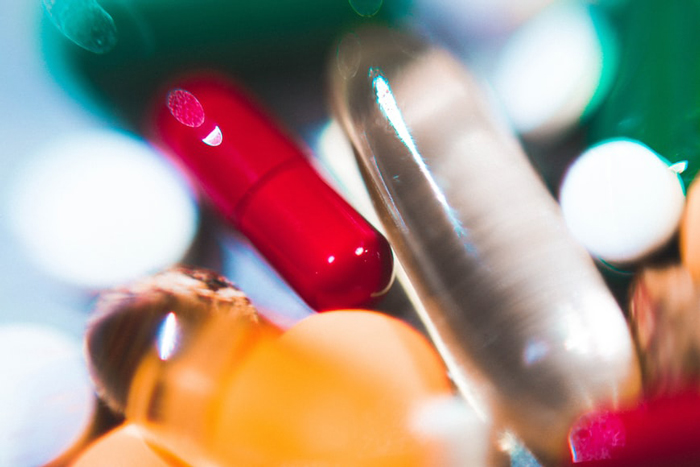Biologists and chemists are now looking to develop new antibiotics to fight the constantly mutating bacteria that are projected to cause 10 million deaths by 2050. However, scientists from the University of Pennsylvania, Philadelphia, used an unconventional method to solve the problem of bacterial resistance to traditional antibiotics and turned to the inexhaustible possibilities of the human body itself. As a result, dozens of natural antibiotics have been identified in the human genome that can effectively resist the threats to the body posed by mutating bacteria.
The human genome is essentially a single long line of code, in which the “instructions” for creating the molecules necessary for the normal functioning of the body are encrypted. Scientists from the University of Pennsylvania used artificial intelligence to create a kind of search engine capable of isolating peptides with antimicrobial properties (AMP) in the human genome. The technique is similar to the standard technology used by a search engine that finds specified words in a huge Word document.
Scientists searched for a specific set of proteins and identified 43,000 peptides ranging in length from 8 to 50 amino acids. At the next stage, 2,603 peptides were isolated from the discovered array of potential antimicrobial drugs based on the specified functional parameters. In order to test the antimicrobial properties of the identified “encrypted peptides”, 55 medications were synthesized. They were exposed to eight pathogens (E. coli, pneumonia and staphylococcus bacteria). As a result, 63.6% of the 55 AMPs created were found to have antimicrobial properties.
Next, scientists tested the joint activity of a “cocktail” of the detected peptides, identified in a specific area of the body. The result showed a 100-fold increase in the individual peptides’ ability to fight infection.
Testing in mice showed a three-order reduction in bacterial load, which is comparable to the effect of using the most powerful antibiotics available. In this case, the body of the experimental mice did not show any signs of poisoning.
When tested for resistance to bacteria, AMPs were found to penetrate the outer membrane of the bacteria, which promotes the survival of the peptides. According to scientists, the destructive effect on the bacterial membrane will require large expenditures of energy and several generations of bacterial mutations to develop adaptability.







